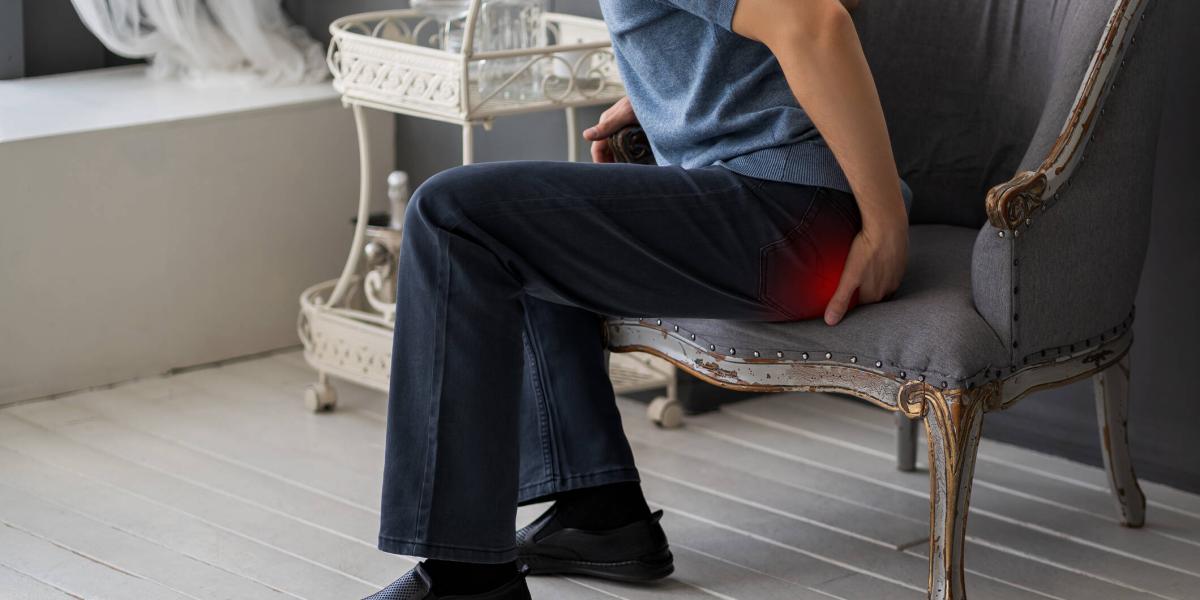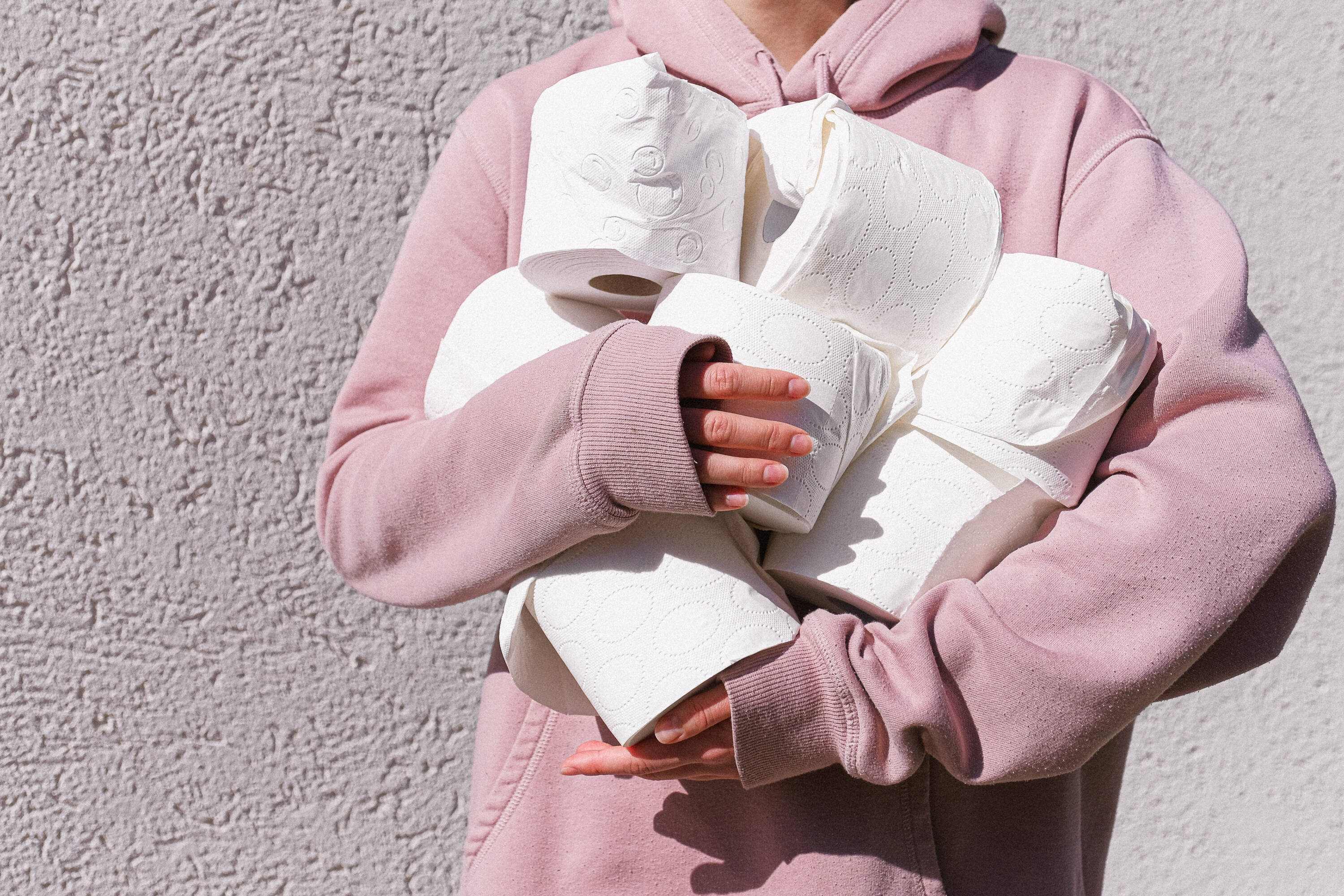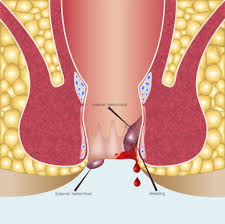Why do hemorrhoids appear? These are the treatments and how to prevent them.

Millions of people are affected each year by hemorrhoids, a condition that is rarely discussed due to embarrassment or lack of awareness. This condition, which involves inflammation or swelling of the veins in the rectum or anus, can cause pain, bleeding, itching, and discomfort when sitting or going to the bathroom.
We also discuss the most effective ways to relieve symptoms, from home remedies to medical options, so you know what to do if you're facing this problem.
Experts can classify them, depending on their location, as internal hemorrhoids when they develop inside the rectum, or as external hemorrhoids when they appear under the skin surrounding the anus.
The most common symptoms, as mentioned in the introduction, include pain, itching, bleeding during bowel movements, and the sensation of a lump in the anal area. In more advanced cases, prolapsed hemorrhoids may occur, which protrude from the anus and may require medical intervention.
Although they can be very uncomfortable, hemorrhoids can be managed with some home treatments, and in most cases, symptoms improve after a week. Only in cases where complications occur does a medical procedure or surgery become necessary. However, it is recommended to consult a doctor if the condition does not improve within a week.

When the condition is severe, surgery is possible. Photo: iStock
Some factors that influence this include being overweight or obese, pregnancy, low-fiber diets, and chronic constipation or diarrhea. The pelvic pressure caused by pregnancy, for example, contributes to the development of hemorrhoids. The same thing happens when people strain to have a bowel movement due to constipation, lift weights, or overexert themselves when lifting heavy objects.
The prevention of hemorrhoids is directly related to lifestyle, since there are a large number of modifiable factors that influence the development of this condition, especially diet and intestinal function.
Eating a diet rich in fiber, for example, helps form softer, bulkier stools, which makes them easier to pass through the intestines and reduces the need to strain during bowel movements, one of the main triggers of hemorrhoids.
We also need to talk about drinking plenty of fluids, since one of the main benefits of drinking water is that it improves intestinal transit.

Hemorrhoids: What not to do when you have them? Photo: Pexels
If you're certain you have hemorrhoids, the following treatment options, according to Johns Hopkins Medicine, will vary depending on the condition, as the severity of the condition may require a medical procedure.
In milder cases, home remedies such as sitting in a warm bathtub, using ice packs to reduce inflammation, or applying creams and suppositories containing specific hemorrhoid medications are sufficient. The latter is helpful for controlling symptoms such as pain, inflammation, and itching, as these products contain active ingredients such as lidocaine or hydrocortisone, among others.
Since constipation is a major cause, your doctor may recommend a balanced diet, prioritizing fiber-rich foods. This can be achieved by increasing your intake of fruits, vegetables, and whole grains.
Low-impact exercises can also be very helpful, especially for people who are overweight. Maintaining a healthy lifestyle can significantly reduce the risk of hemorrhoids and their recurrence.
Even so, keep in mind that these changes and home remedies aren't always enough. In cases where hemorrhoids are more severe or there are complications, your doctor may recommend surgery.
Among the most common procedures are rubber band ligation, which cuts off blood flow to hemorrhoids; sclerotherapy, which involves injecting a chemical solution to shrink them; electrical coagulation, which burns the hemorrhoid tissue; and hemorrhoidectomy, a procedure that permanently removes hemorrhoids.

When the condition is severe, surgery may be necessary. Photo: iStock
Keep in mind that if not treated properly, the following may occur: anemia, due to blood loss; infections, in cases where the hemorrhoids are external; strangulated hemorrhoids, which occur when internal hemorrhoids prolapse and blood flow is cut off; and skin tags, which are lumps on the skin caused by clots from thrombosed hemorrhoids.
eltiempo





